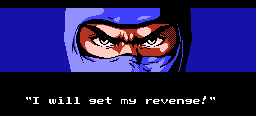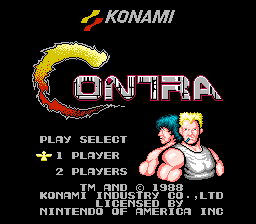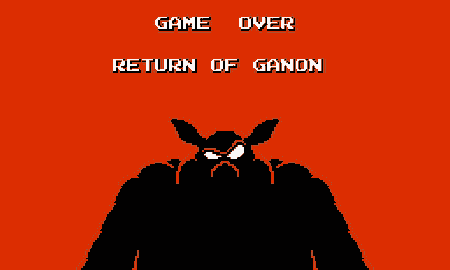
Pictured: stupid hard games
Old Nintendo games are, as a matter of principal, really hard… but let’s be honest here. Video games these days for the most part are moronically easy. There are exceptions to this rule, but the rule remains. Challenging video games are a dying art form.
Back in the 8-bit era games had to be hard in order to justify paying $60 (or more) for a video game with 6 stages. Video games of this time period were not played for the amazing, dramatic story arcs, or for mining achievements and trophies- they were played for fun, and often times the fun came from the challenge itself.
If you actually did beat a difficult video game, you either had to have your mom’s camera ready (and I swear, no child took a successful photograph of a TV screen in the 90s) or have a friend/friends (the more the better) present to witness the feat. Barring either of the these scenarios meant you would be open to scorn and subject to burning doubt. I swear to god, I beat Mike Tyson in Mike Tyson’s Punch Out, but to this day not a single one of my friends believes me because I did it alone in my apartment in 2006. Dicks.

The near unplayably hard games for the NES were not just the Bayou Billys, the Amagons, or the Golgo 13s of the NES library. Some of the most beloved and lovingly remembered video games of the NES era were genuinely challenging affairs. The first 3 Mega Man games, Castlevania I- III, and Contra are among the best and hardest games of the late 80′s and early 90′s. They were also massive financial successes.

The difficulty style of 8-bit video games generally falls into two separate and distinct categories; artificial difficulty and actual difficulty.
Actual, genuinely hard games slowly ramp up the difficulty and always make the player the master of their own fate. The room-crossing lasers in Quickman’s stage from Mega Man 2, the Grim Reaper boss from Castlevania, the final level in Super C. They are all hard, but fairly so. When you die you only have yourself to blame. Enough practice and you can master these obstacles and fly through without a second thought.

Artificial difficulty, commonly referred to as “cheap” difficulty, bursts from the seams of the most irritating hard games because it is, first and foremost, unfair. Randomly disappearing platforms, picky hit detection, over powered enemies, difficult and out of place platforming sections, and the combination of poor level design and one-hit-kill environmental traps all contribute to give a hard game an overall stink of cheapness.
Oh yeah, I almost forgot- the goddamn birds.
Ninja Gaiden, a series famous for it’s high difficulty has three games (the NES trilogy) that entirely owe their reputation as controller smashers to those winged devils. Those fucking Ninja Gaiden birds still haunt my nightmares, and the nightmares of every gamer who has subjected themselves to the original TECMO Ninja Gaiden games. Seriously, jumps that were tricky by themselves, in addition to eternally respawning birds? Together? CONSTANTLY?

Some games, most notably Zelda II: The Adventure of Link, straddle the boundary between actually hard and artificially hard. One could argue that the first half of Zelda II is actually hard, in a good way. A fun, challenging platforming action game that gets a lot of things right. The second half of the game however switches gears, and becomes critically difficult. While certainly grind heavy through-out, it becomes an absolute nightmare to achieve the highest levels because the enemies that yield the most experience are often overpowered and difficult to kill.

“Fuck it. Let her sleep.”
The last few palaces become nightmarishly long themselves, and the frustration mounts as the task of even uncovering their locations becomes more and more convoluted.
In an ironic twist, the North American version of Zelda II was intentionally made to be more difficultthan the original Japanese Famicom Disk System version. Conclusion? Nintendo of America hated us.
Check out my blog at Video Games Are Rad [dot]com. You'll like it a whole lot*
*results not typical









Comments